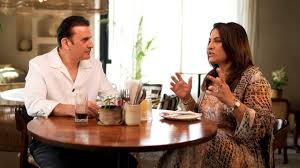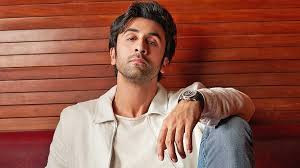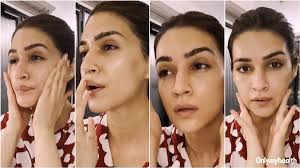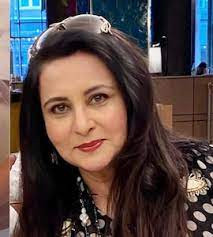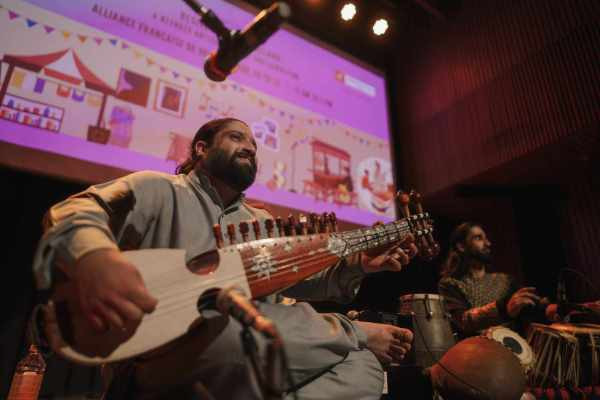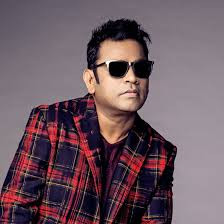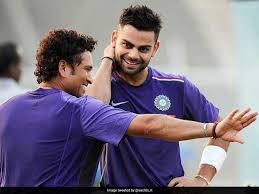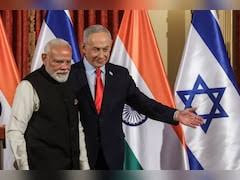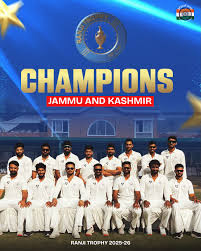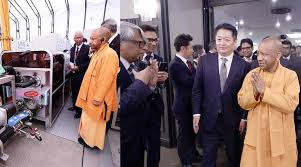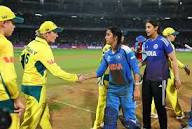“I Was the Common Factor in Both Divorces”: Chahatt Khanna Reflects on Being Blamed and the Stigma Women Face After Failed Marriages

IIE DIGITAL DESK : Television actress Chahatt Khanna, best known for her roles in shows like Bade Achhe Lagte Hain, has opened up in a recent interview about the intense public scrutiny and blame she faced after going through two divorces. Speaking candidly, she addressed how people often label her as “the common person” in both failed marriages, and questioned why women are so frequently held solely accountable when a relationship breaks down.
who has consistently maintained a dignified silence over her personal life for years, is now voicing her truth—shining a light on the social conditioning that often turns women into easy targets for judgment, regardless of the facts behind a failed marriage. “People say I was the common person in both divorces, and hence, I must be the problem,” Chahatt said. “But no one wants to look deeper or ask what actually went wrong.”
Chahatt was married twice—first to businessman Bharat Narsinghani and later to Farhan Mirza, the son of noted writer Shahrukh Mirza. Both marriages ended in public controversy and emotional distress, with Chahatt alleging abuse and trauma in her second marriage. Still, she says, most people refused to understand or empathize with her situation. “I was judged more than supported,” she said. “I was asked to compromise, adjust, forgive. But where was that advice when I was the one suffering?”
Chahatt highlighted a pattern familiar to many women who dare to step out of unhappy or unsafe marriages. Rather than being seen as survivors who took a stand for their well-being, they are often painted as selfish or flawed. “Society is quick to paint women as troublemakers. If a man walks out, he is called brave for starting over. If a woman walks out, she is labelled as unstable or incapable of commitment,” she said.
Though deeply personal, resonate with countless women across the country, where divorce is still seen by many as taboo and the blame often disproportionately falls on the woman—no matter how justified her decision may be. Chahatt believes this mindset stems from long-standing patriarchy and an outdated belief system that equates a woman’s worth with her ability to maintain a marriage, no matter the cost.
Raising two daughters as a single mother, Chahatt says she has found strength in her independence and in building a life on her own terms. “My daughters are my world. I want them to grow up knowing that it’s okay to walk away from something that isn’t good for you. That doesn’t make you weak—it makes you courageous,” she asserted.
She also pointed out how public figures are subjected to even more judgment due to their visibility. “Every move of ours is scrutinized. People assume they know our lives from a few headlines or pictures, but they don’t know the nights we’ve cried or the years we’ve lost trying to make things work.”
Chahatt’s story is not just about failed marriages—it’s about reclaiming dignity in the face of blame, and questioning why society is so quick to judge a woman when things fall apart. As more women like her speak out, it is becoming increasingly important to change the narrative and ensure that accountability in a relationship breakdown is not gendered.
Her voice is a reminder that healing begins with truth, and strength is not in how long one endures pain—but in knowing when to choose peace over suffering.
You might also like!


